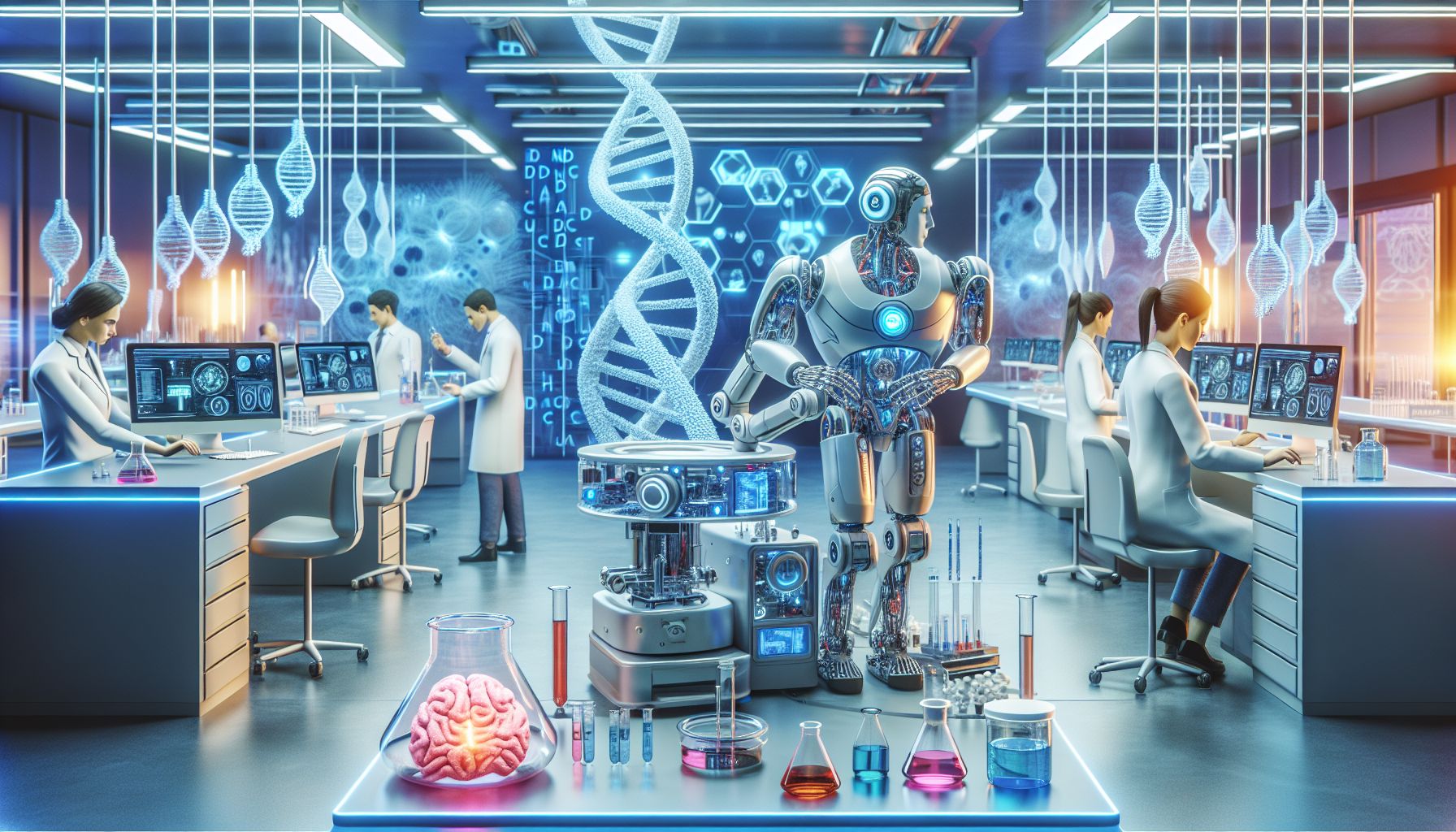

The Intersection of Technology and Pharmaceutical Products
Technology has played a significant role in revolutionizing the pharmaceutical industry, leading to innovative products that have improved patient outcomes and transformed healthcare practices. From drug discovery to manufacturing and distribution, technology has enabled pharmaceutical companies to develop more effective and personalized treatments. In this blog post, we will explore how technology has influenced the development and delivery of pharmaceutical products.
One of the key areas where technology has made a huge impact is in drug discovery. With the advent of high-throughput screening techniques and computer-aided drug design, scientists are now able to identify potential drug candidates more quickly and efficiently. This has led to the development of targeted therapies that are tailored to individual patients based on their genetic makeup and disease characteristics. The use of artificial intelligence and machine learning algorithms has also accelerated the drug discovery process by predicting the efficacy and safety of potential drug molecules.
In addition to drug discovery, technology has also revolutionized the manufacturing and distribution of pharmaceutical products. Automation and robotics have streamlined the production process, leading to higher efficiency and reduced costs. Advanced analytical techniques, such as mass spectrometry and chromatography, have improved the quality control of pharmaceutical products, ensuring that they meet stringent regulatory standards. Furthermore, the use of blockchain technology has enhanced traceability and transparency in the supply chain, enabling better monitoring of product integrity and preventing counterfeit drugs from entering the market.
Moreover, technology has transformed the way pharmaceutical products are delivered to patients. The rise of telemedicine and mobile health apps has enabled healthcare providers to remotely monitor patients and provide personalized treatment recommendations. Smart devices, such as insulin pumps and inhalers, have also made it easier for patients to manage chronic conditions and adhere to their medication regimens. Furthermore, the adoption of electronic medical records has improved communication between healthcare providers, leading to better coordination of care and reduced medical errors.
In conclusion, technology has had a profound impact on the pharmaceutical industry, driving innovation and improving the development and delivery of pharmaceutical products. As technology continues to advance, we can expect to see even more exciting developments in personalized medicine, drug discovery, and healthcare delivery. By embracing technology, pharmaceutical companies can continue to improve patient outcomes and revolutionize the way we think about healthcare.
Comments are Disabled